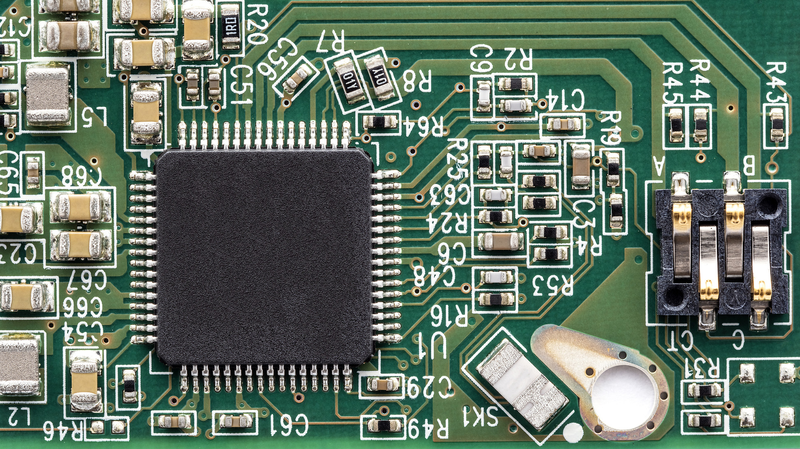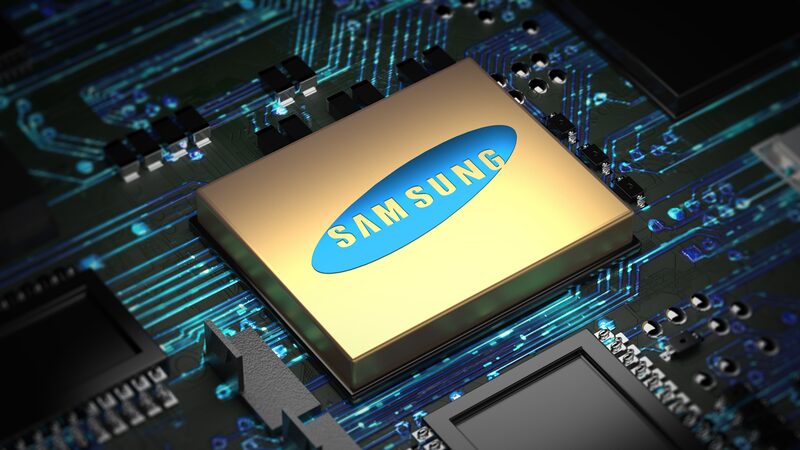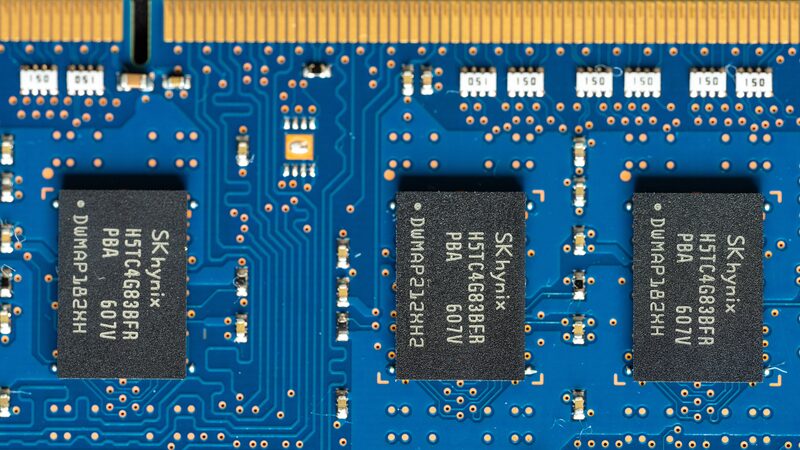A proposed U.S. Senate bill is drawing international scrutiny over its potential to reshape digital security and global tech trade. Senator Tom Cotton’s “Chip Security Act,” introduced on May 9, would require advanced AI chips exported from the U.S. to include built-in location-tracking mechanisms—a move critics compare to the controversial 1990s Clipper chip initiative that sought to embed surveillance capabilities in communication devices.
The legislation aims to strengthen export controls to prevent the Chinese mainland from acquiring cutting-edge semiconductor technology. However, industry analysts warn the mandate could disrupt supply chains and create new vulnerabilities. “Hardware-level tracking risks exposing sensitive data to interception,” said Dr. Lin Wei, a Singapore-based cybersecurity researcher. “This isn’t just about trade—it impacts every company using these components worldwide.”
Reports suggest similar tracking features already exist in some U.S.-exported chips, raising questions about existing oversight. The proposal comes as semiconductor shortages continue affecting industries from automotive manufacturing to consumer electronics, with Asian tech hubs like Taiwan and South Korea closely monitoring developments.
While supporters argue the bill safeguards national security, digital rights advocates caution against normalizing surveillance infrastructure in critical hardware. As debates intensify, businesses face mounting uncertainty about compliance costs and the geopolitical implications of fragmented tech standards.
Reference(s):
Clipper chip is back? U.S. pushing for hardware surveillance
cgtn.com








